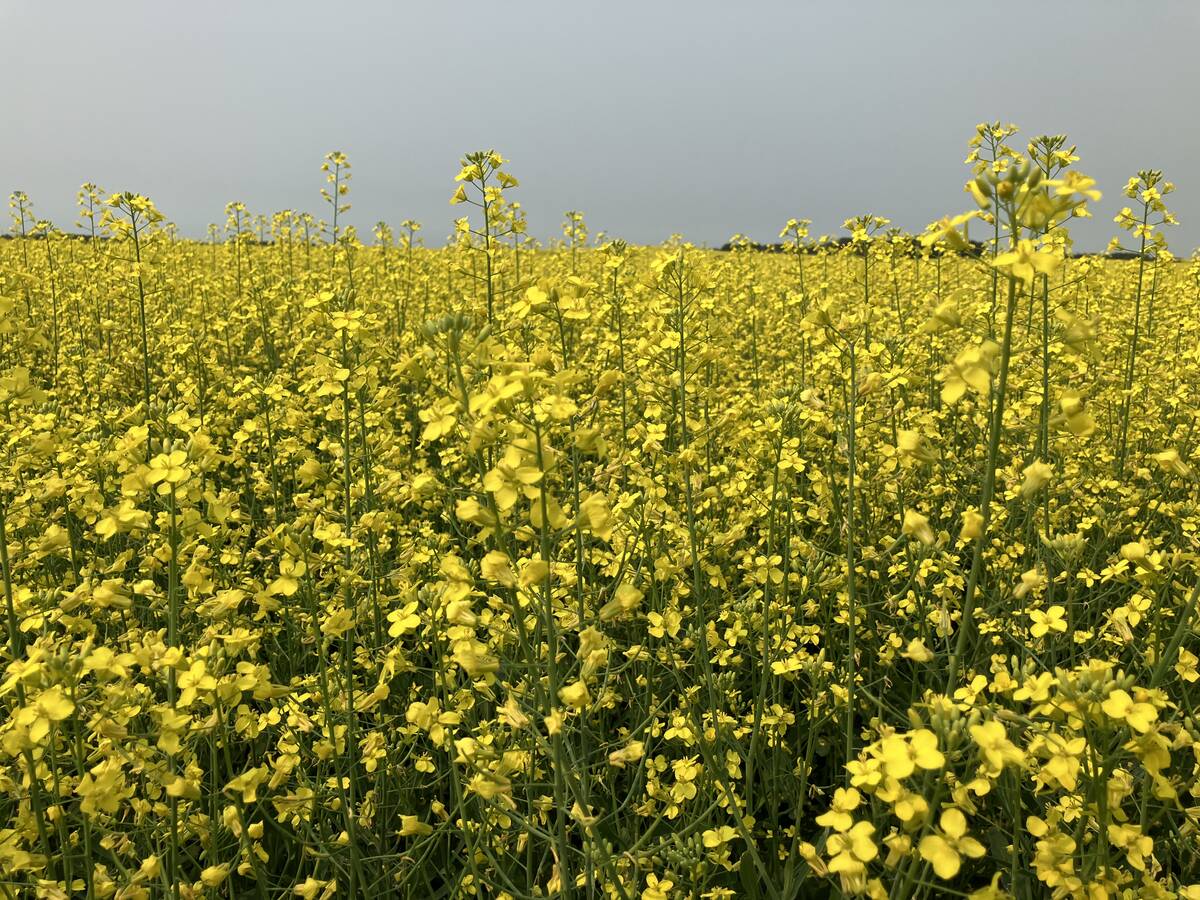North Africans unable to travel to Canada can learn how to use durum, wheat and pulse crops
Canadian durum will be promoted in North Africa in a much more direct way, thanks to new funding for an overseas training program.
It will also help turn Morocco into a major regional player in the North African durum industry, said Earl Geddes, chief executive officer of the Canadian International Grains Institute.
“Many, many more people will see Canadian durum, Canadian spring wheat, Canadian pulses than ever saw it coming here (to Winnipeg),” Geddes said about the $6.4 million in funding from the federal foreign affairs, trade and development department, which will allow CIGI staff to train North African millers in a grain institute there.
Read Also

Canola used in only quarter of Canadian biofuel
Less than one-quarter of the biodiesel and renewable diesel used in Canada in 2024 was made from canola oil feedstock
“It lets us open up a whole new face for Canada for many more people.”
CIGI has brought foreign millers and food processors to its Winnipeg training institute and technical training centre to instruct them in the finer points of Canadian wheat, durum and pulse grains. Thousands of people from dozens of countries have spent time at CIGI.
It has offered dedicated training to groups of Moroccan, Tunisian and Algerian millers, as it has for millers and food processors from many countries.
In the past year it has offered a joint North African milling program.
However, Geddes said many North Africans haven’t been able to come to Canada because of the limited capacity of CIGI courses and funding and because of security controls that prevent some North Africans from getting visas.
For instance, Libya is a good market and a hopeful sales target for Canadian durum.
However, most Libyan millers can’t get visas to come to Canada, especially now that the United States has say over who can fly to North America.
CIGI hasn’t trained Libyan millers for 15 years, Geddes said.
The new CIGI program is being funded with money set aside for international development, so it is focused mostly on helping Morocco develop its milling abilities and ability to maximize the value of its own domestic crop.
However, those skills will also help it better use Canadian durum to produce better products.
Morocco is hoping to export more durum products to Europe but needs to produce top-quality products to be successful in that market.
As a result, the CIGI training program will likely help Moroccans buy Canadian durum, process it and then export it north.
“A significant amount (of Moroccan pasta and cous cous) goes into France. It’s the only way I can see getting Canadian durum into France,” said Geddes.
“And you can’t put poor quality stuff into France.”
The CIGI training will take place in a grain milling institute in Casablanca, which until recently was mothballed. Almost all the money will pay for training Moroccans in Canada to go back to Morocco and pass on their knowledge, as well as for CIGI to provide two two-week courses per year at the Casablanca institute. Almost all the necessary equipment already exists at the institute.
The federal funding will allow CIGI to offer its program in Casablanca for five years. Geddes said the hope is to initially train North and West Africans in Casablanca and then later invite some of them to Winnipeg for further training.


















